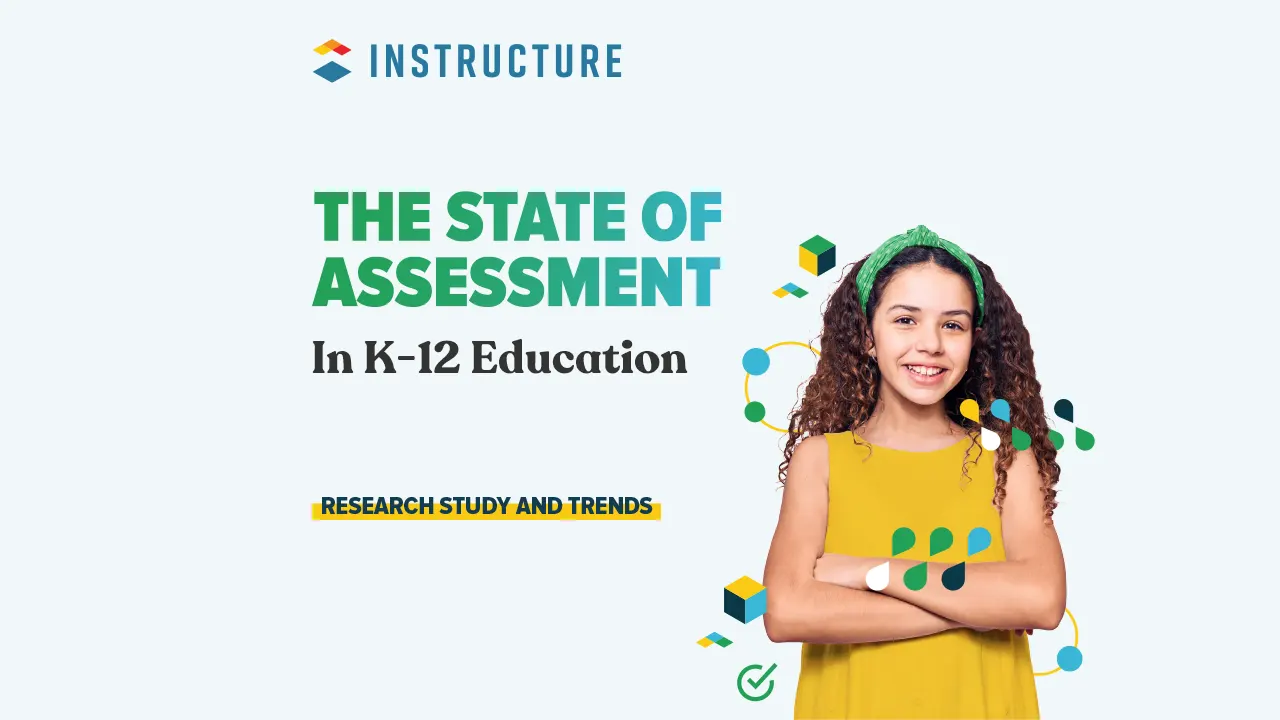Our first K-12 assessment-focused research study uncovers vital stats and key trends that are top of mind for educators nationwide, as well as perspectives and considerations for the future.
The pandemic’s impact on traditional standardized testing reignited a longstanding debate around assessment in K-12 education, especially when and how best to evaluate student knowledge and progress. When school closures forced the cancellation of state summative assessments in all 50 states in the spring of 2020, educators were left to look to other methods to evaluate learning. As the effects of COVID-19 continued throughout 2020 and 2021, measuring and addressing student learning needs continued to be critically important amid frequent disruptions to teaching and learning. This shift forced teachers, district administrators, and state leaders alike to ask: is there a better way to gauge what students know?
Education stakeholders continue to ponder whether we should move away from high-stakes testing to a more balanced assessment approach: one that puts students and their needs at the center of assessment, provides teachers with the right information to drive learning forward, and actually improves student outcomes.
But before we reimagine K-12 assessment, we must understand its role in K-12 education today and its impact on administrators, teachers, and, most importantly, students.




